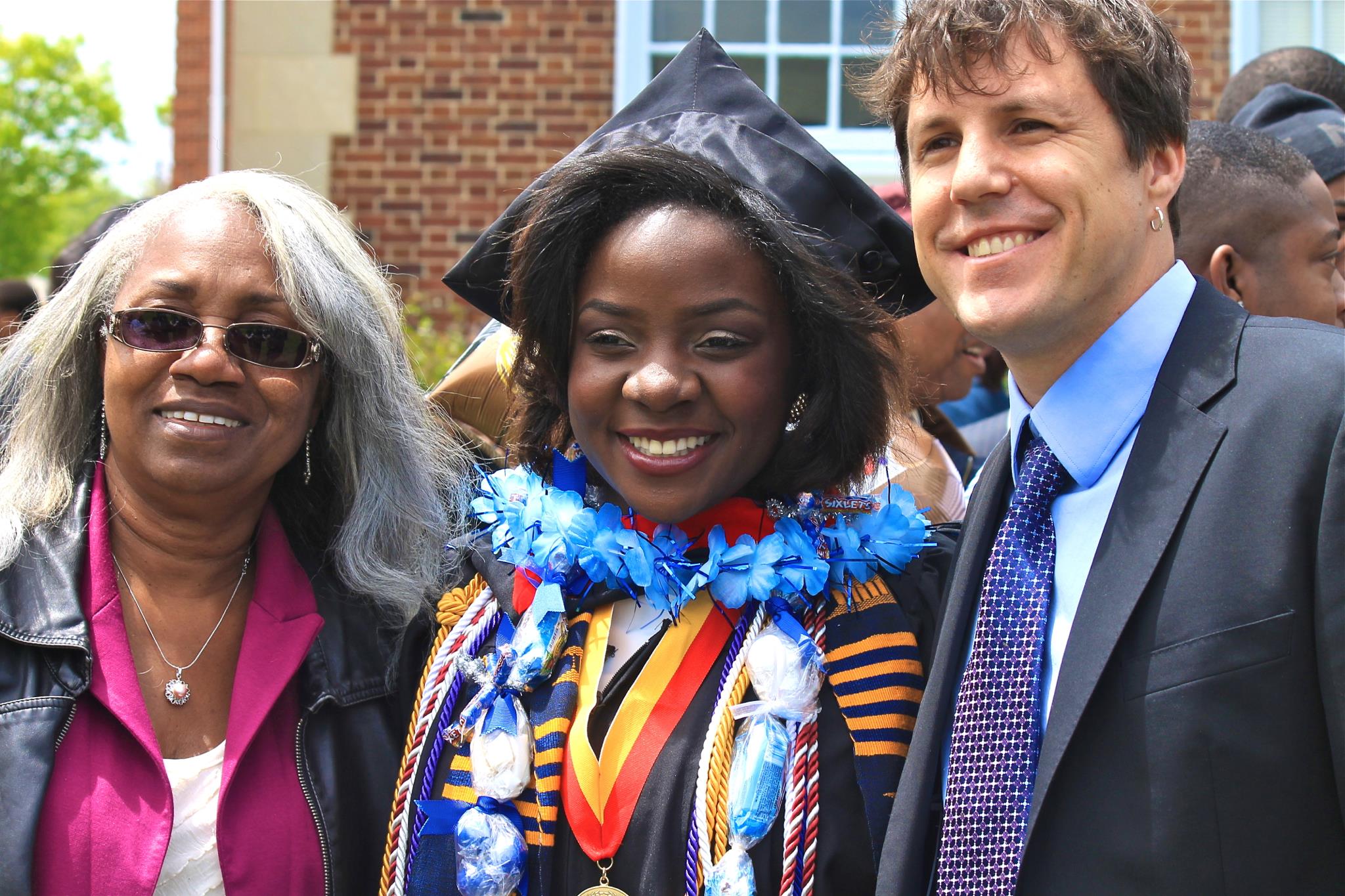Historically Black Colleges Give Foster Youth an Edge

Browse Categories:
by Delrisha White, Ed.M.
It’s that stressful time of year again when high school seniors and people looking for second chances either await college acceptance letters or prepare to enroll in community college. Unaware of the many options to a brighter future, many will overlook the value of attending a Historically Black College or University. It’s a shame, really. As a Black woman, a former foster youth, and HBCU graduate, I can attest to what these fine institutions do for first-generation students, especially those who are aging out of the foster care system.
What is an HBCU anyway? Historically Black Colleges and Universities were founded before the Civil War (1861-1865) with the express purpose of making higher education accessible to the Black community. Most Americans don’t know that HBCUs have historically opened their doors to all people at the margins of the country, making higher education a possibility for folks who were previously denied an education.
I attended Bennett College, a small women’s HBCU in Greensboro, North Carolina just as I emancipated from the foster care system at the age of 18. A Bay Area native with limited resources and very few social relationships, I instinctively found my way to success thanks to the multiple types of support I received at Bennett.
HBCUs are a Vehicle to Creating Bonus Families for Foster Youth
HBCUs tend to be small and intimate. The nature of Bennett’s small campus meant my environment was predictable and familial. As a result, I was able to build trusting relationships, an issue that can be very challenging for foster youth. Bennett’s rich history as a center of Civil Rights activism meant there was a lot to learn about Black history and culture too. So somewhere between learning unsung Black American history and working with diverse professionals that looked like me, I was able to find my footing, open up to the students around me, and create friendships that are like family. My Bennett friends are a bonus family that everyone who grows up in foster care should have.
HBCUs are a Great Financial Choice
Tuition at HBCUs is remarkably affordable, making them a great financial choice for youth who are juggling the financial challenges of aging out of foster care. In California, where I grew up, foster youth now have the option to stay in foster care until the age of 21. California Assembly Bill 12 (AB12), which passed in 2010, allows foster youth to receive financial support for housing, food, and transportation for three years past their original emancipation date as long as they meet a set of conditions which include working or attending an educational institution. More than 70% of all students attending HBCUs are Pell Grant recipients—a benefit that every youth who is emancipating from foster care is eligible to receive. AB 12 support and federal financial aid that’s typically available to foster youth, in combination with the lower tuition rates offered by HBCU’s, mitigates the overwhelming pressure that comes with single-handedly taking care of one’s basic needs at the tender age of 21.
HBCUs are a Game-changer for First-Generation Students
As a former foster youth, I understand all too well the challenges that first-generation college students from marginalized backgrounds face. In fact, attending Bennett College was a tremendous game-changer for me. Not only did I learn how to advocate for myself and work hard, but for the first time in my life, I could finally achieve high academic marks because my housing, food, and basic needs were addressed. A study by The Education Trust, a DC-based advocacy organization reports that 75% or more of their freshmen HBCU students come from low-income households. Foster youth make up a significant portion of this population and those who want to pursue higher education are going at it alone. HBCU’s increase the chances for first-generation graduates to move out of poverty and into the middle class compared to their non-degree earning counterparts.
Today, there are 107 HBCUs in the United States with more than 228,000 students enrolled. These historic gems provide a unique opportunity for young people in foster care who want to pursue higher education. I loved my experience and I urge others to learn more about these wonderful institutions and consider attending one as they consider options for their future.
Delrisha White, Ed.M. earned her master’s in Education Policy & Management at the Harvard Graduate School of Education. She holds a bachelor’s degree in Journalism & Media Studies with a minor in Global Studies from Bennett College. Her work has been published both domestically and internationally in publications at Harvard University, New York University, Huffington Post, and an array of digital magazines. Delrisha’s work has also been featured on local and national media spots including NBC, ABC, CSPAN, BET, and United Negro College Fund.

